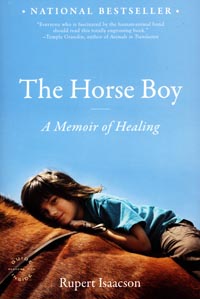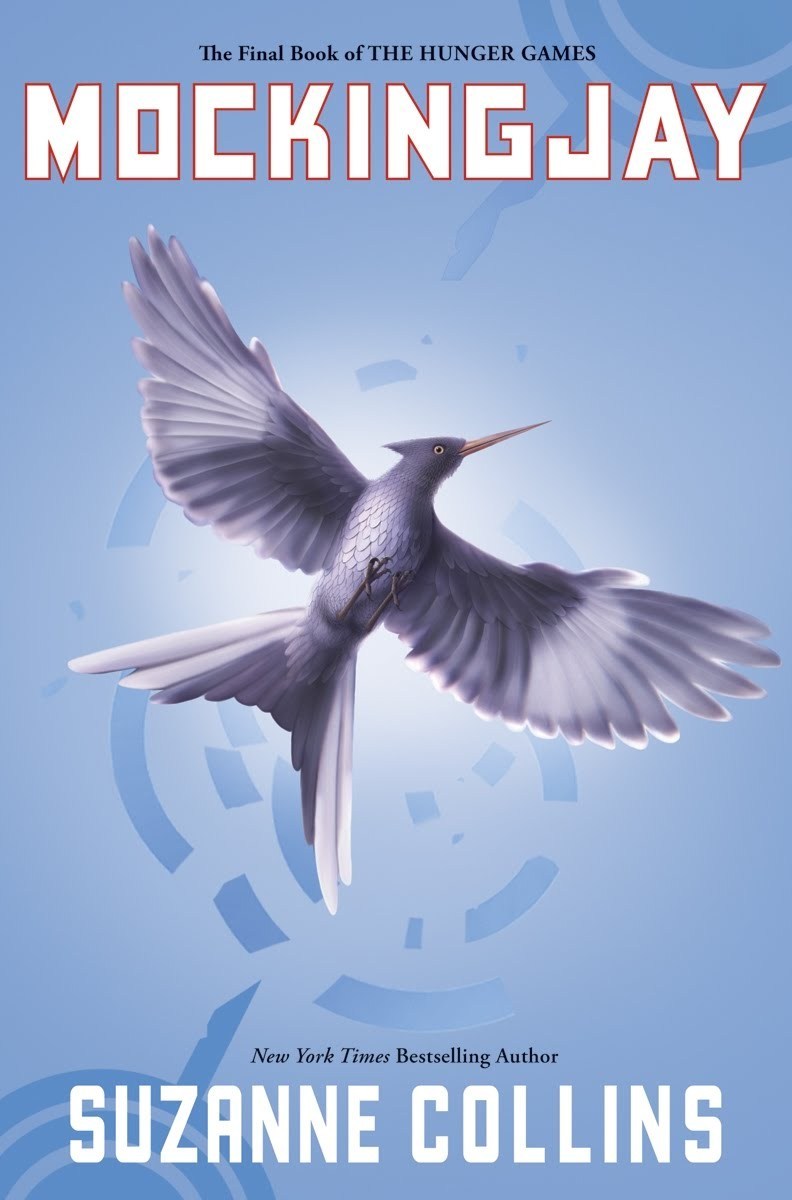This book has been getting great reviews for awhile , and I have put off reading it for some reason. Well, I have read it now and there is no reason not to. I can recommend it to anyone who wants a good story, especially a good story set in Northern Canada, a good story that will inform you and stay with you and remind you of your own courage and fortitude.
review by Nicolas Lezard from The Guardian UK
Some eyebrows were raised when it was announced that Stef Penney had won the Costa (previously Whitbread) first novel award: although it is set in Canada, she had done all the research for her novel in the British Library and, being agoraphobic, had not set foot in Canada at all.
Yet this doesn't seem to be a problem. The novel is set in 1867, about a century before her birth, and how she's going to get back to that time without a time machine escapes me. Besides, it is not necessary to visit the location of one's novels; Saul Bellow didn't go to Africa before writing Henderson the Rain King; nor, for that matter, did Julie Burchill visit Prague to write No Exit. Actually, you can easily tell, for slightly differing reasons, that neither author visited the scenes they wrote about. But Penney's evocation of the frozen lands of northern Canada couldn't ring truer if she'd spent months wandering through the land with nothing but a pack of huskies and a native tracker for company. (If there is a possibility that the judges' decision was in some way skewed, one might more usefully look at the way that coffee figures repeatedly in the novel.) READ MORE....
Sep 29, 2010
Sep 27, 2010
THE HORSE BOY by Rupert Isaacson
 Everyone should read The Horse Boy by Rupert Isaacson. It's about a horses and an autistic boy. Its about fathers and sons, fathers and mothers, parenting and love, parenting and unmitigated frustration, family and strangers. It's about shamans in all sorts of places. It's about Mongolia and that part alone makes it a good read. It makes you cry and wish you were there. It's about our lives and our communities, our children and ourselves. Please read it, even if you have seen the movie. It's good.
Everyone should read The Horse Boy by Rupert Isaacson. It's about a horses and an autistic boy. Its about fathers and sons, fathers and mothers, parenting and love, parenting and unmitigated frustration, family and strangers. It's about shamans in all sorts of places. It's about Mongolia and that part alone makes it a good read. It makes you cry and wish you were there. It's about our lives and our communities, our children and ourselves. Please read it, even if you have seen the movie. It's good.Sep 21, 2010
Sep 5, 2010
THE GARDENER by S.A. Bodeen
taken from bookpage.com
A timely teen sci-fi gives food for thought
Review by Heather Seggel Fifteen-year-old Mason has never met his father. His responsibilities at home include picking his mother up from the local tavern when the bouncers set her on the curb, then sobering her up for another shift at the nursing home, and occasionally sneaking in to help her complete a shift. One day when he’s at the nursing home he pops in a DVD—footage of his father, his face obscured, reading a children’s book—and a previously comatose teenage girl wakes up at the sound of his voice. She turns out to be part of an experiment in genetic engineering intended to turn kids into self-sustaining life forms who can survive without food or water. She’s also gorgeous, which motivates Mason to err on the side of running away with her in a valiant but dangerously misguided attempt at saving her. The only thing standing in his way is the faceless man behind this plan, known only as the Gardener.
Fifteen-year-old Mason has never met his father. His responsibilities at home include picking his mother up from the local tavern when the bouncers set her on the curb, then sobering her up for another shift at the nursing home, and occasionally sneaking in to help her complete a shift. One day when he’s at the nursing home he pops in a DVD—footage of his father, his face obscured, reading a children’s book—and a previously comatose teenage girl wakes up at the sound of his voice. She turns out to be part of an experiment in genetic engineering intended to turn kids into self-sustaining life forms who can survive without food or water. She’s also gorgeous, which motivates Mason to err on the side of running away with her in a valiant but dangerously misguided attempt at saving her. The only thing standing in his way is the faceless man behind this plan, known only as the Gardener.Author S.A. Bodeen has laced this sci-fi-tinged page-turner with thoughtful commentary on world hunger, sustainability, biology and biomedical ethics, plus several high-speed chases and a believable budding romance, and the whole thing works like a charm. The giant Tro-Dyn Corporation and its generous scholarships that keep local kids indentured—and quiet about what really goes on there—make for high tension, and the notion that these photosynthetic food-and-water-free teens, originally conceived to combat famine, might make perfect low-budget soldiers is downright eerie to contemplate. I stayed up late to find out how it all ended, and stayed up after that because The Gardener raised so many timely and pointed questions.
DREAMING IN CHINESE: Mandarin Lessons In Life, Love, And Language By Deborah Fallows
excerpt taken from npr.org
Forget Your 'Please' And 'Thank Yous'
To someone who grew up learning all the "pleases" and "thank yous" of polite English, Chinese as it is spoken between family and friends can sound extremely terse and direct.
 "I felt I was being very blunt, very abrupt and even often very rude," Fallows says. Chinese, when spoken between two people who are close with one another, leaves out what Fallows calls the "grace notes" — please, thank you, no thank you.
"I felt I was being very blunt, very abrupt and even often very rude," Fallows says. Chinese, when spoken between two people who are close with one another, leaves out what Fallows calls the "grace notes" — please, thank you, no thank you.
For example, if a friend offers you a glass of water, and you don't want a glass of water, the proper response translates as: "Don't need" or "Don't want."
There is a lot of "padding and softness" that Fallows says is woven into our everyday English, even when addressing people we know well. But in Chinese, "pleases" and "thank yous" are reserved for people with whom a degree of formality is expected.
 "If you're inserting these niceties, these softeners ... the Chinese will see that as actually setting up a distance between you and the person you're talking to," Fallows explains. Trying to be polite can actually come off as offensive.
"If you're inserting these niceties, these softeners ... the Chinese will see that as actually setting up a distance between you and the person you're talking to," Fallows explains. Trying to be polite can actually come off as offensive.
These are just a few of the many cultural and linguistic puzzles Fallows describes in Dreaming in Chinese, as she recounts her struggle to master the countless nuances of communication in another culture.
READ MORE....
Forget Your 'Please' And 'Thank Yous'
To someone who grew up learning all the "pleases" and "thank yous" of polite English, Chinese as it is spoken between family and friends can sound extremely terse and direct.
 "I felt I was being very blunt, very abrupt and even often very rude," Fallows says. Chinese, when spoken between two people who are close with one another, leaves out what Fallows calls the "grace notes" — please, thank you, no thank you.
"I felt I was being very blunt, very abrupt and even often very rude," Fallows says. Chinese, when spoken between two people who are close with one another, leaves out what Fallows calls the "grace notes" — please, thank you, no thank you.For example, if a friend offers you a glass of water, and you don't want a glass of water, the proper response translates as: "Don't need" or "Don't want."
There is a lot of "padding and softness" that Fallows says is woven into our everyday English, even when addressing people we know well. But in Chinese, "pleases" and "thank yous" are reserved for people with whom a degree of formality is expected.
 "If you're inserting these niceties, these softeners ... the Chinese will see that as actually setting up a distance between you and the person you're talking to," Fallows explains. Trying to be polite can actually come off as offensive.
"If you're inserting these niceties, these softeners ... the Chinese will see that as actually setting up a distance between you and the person you're talking to," Fallows explains. Trying to be polite can actually come off as offensive.These are just a few of the many cultural and linguistic puzzles Fallows describes in Dreaming in Chinese, as she recounts her struggle to master the countless nuances of communication in another culture.
READ MORE....
Sep 3, 2010
Subscribe to:
Comments (Atom)




